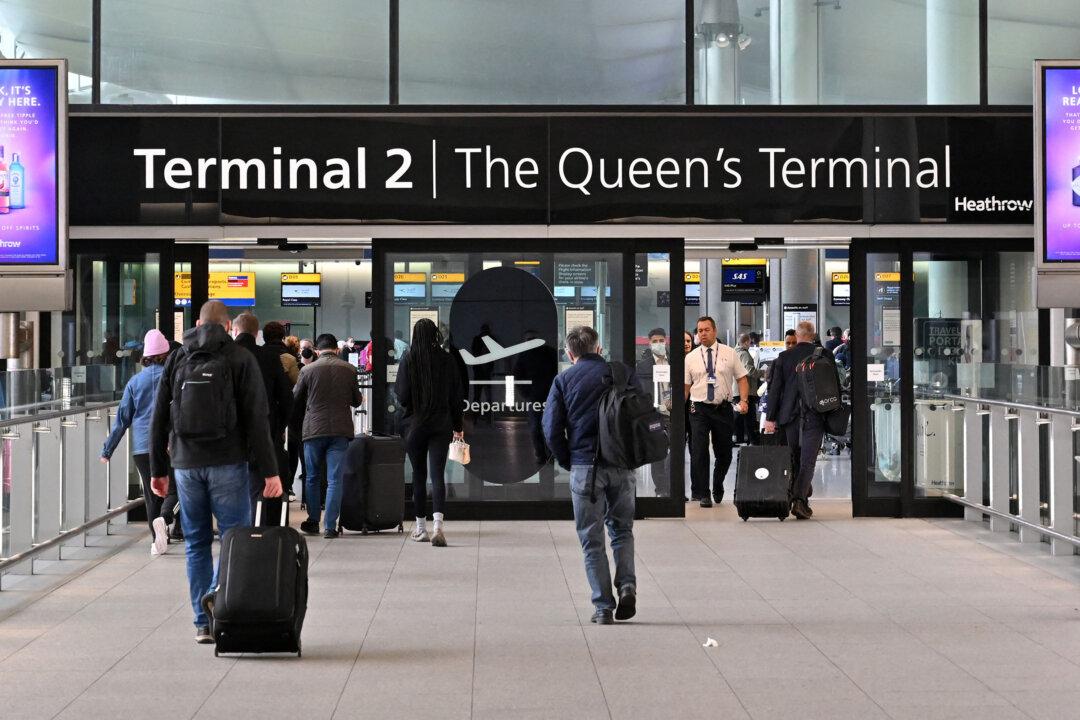Climate change supporters have the travel industry in its crosshairs, pressuring businesses like airlines, cruise operators, and other tourism sectors to adopt more eco-friendly practices.
The heat is on—quite literally—at every level. Sources for this coercion range from global agencies like the United Nations and World Economic Forum to scientific researchers. From this, a civilian-led movement to scale back individual travel has sprouted up, known as “travel shaming.”





